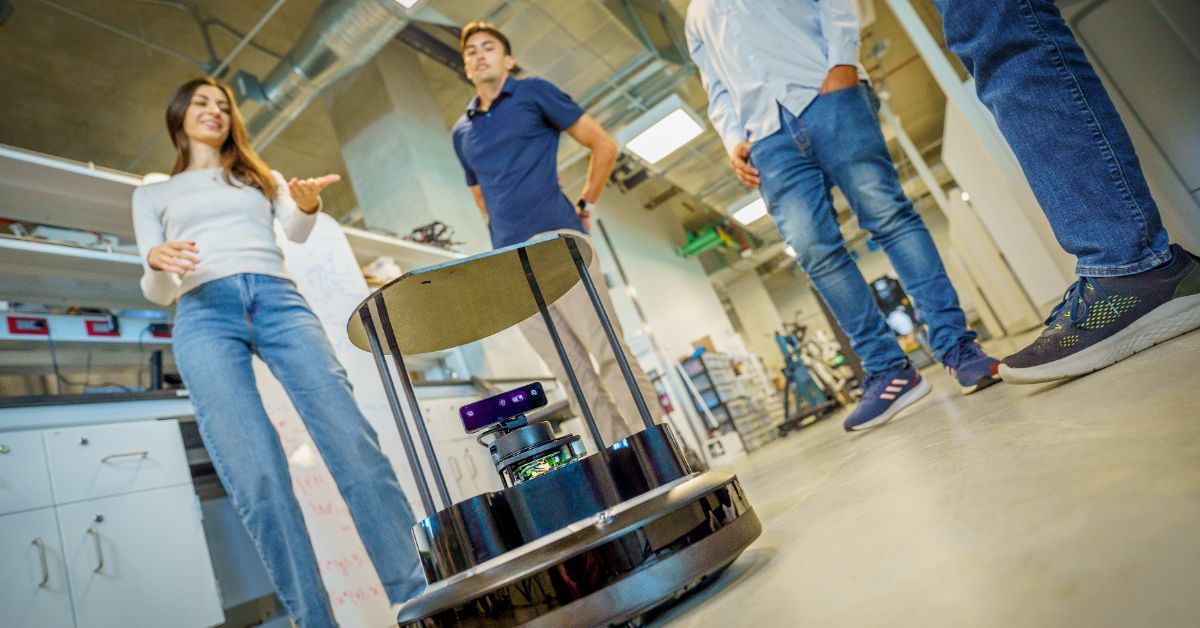UC San Diego Among Multidisciplinary Awards Providing $221M Nationally for Cutting-Edge Projects
Story by:
Published Date
Article Content
To bolster the success of cutting-edge technologies, the Department of Defense (DoD) has announced a $221 million allocation towards basic defense-related research projects. UC San Diego researchers and scientists are leading teams or part of teams on four key projects.
This significant investment is part of the Multidisciplinary University Research Initiative (MURI) awards program, aimed at fostering innovative solutions to complex challenges faced by the military.
This year's funding will support 30 teams across 73 U.S. academic institutions, with an average award amount of $7.5 million over five years. These grants, subject to satisfactory research progress and funding availability, are expected to accelerate scientific breakthroughs and facilitate the transition of basic research into practical applications.
"Celebrating UC San Diego's pivotal role in advancing critical defense research, we are honored to lead and participate in groundbreaking projects that promise to enhance the landscape of U.S. defense advantage and scientific discovery,” said Chancellor Pradeep K. Khosla. “Our commitment to interdisciplinary collaboration and innovative solutions underscores our university's unwavering dedication to addressing the complex challenges facing our nation and the world."
Since its inception in 1985, the MURI program has been instrumental in advancing crucial technologies for military and civilian purposes. Notable achievements include breakthroughs in quantum sensing and detection physics for landmines.
This is the second year that the university has had a strong showing amongst awardees. In 2022 UC San Diego was a record-setter among MURI-competing institutions with five awards: two as the lead institution and three as a partner.
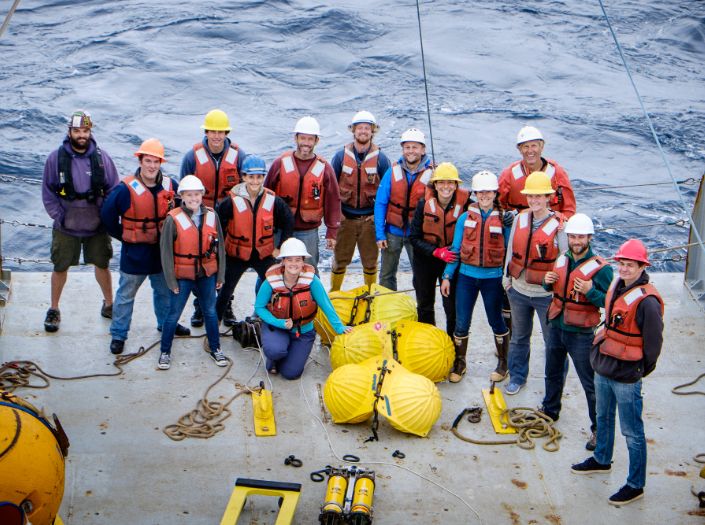
"UC San Diego is proud to be at the forefront of transformative research initiatives that enhance our nation's defense capabilities and drive innovation across diverse scientific disciplines,” said Vice Chancellor for Research and Innovation Corinne Peek-Asa. “Through our continued collaboration with the Department of Defense and other esteemed institutions, we remain steadfast in our commitment to advancing knowledge and fostering a brighter, more secure future for all."
In an effort to promote continued diversity and inclusion, the Fiscal Year 2024 competition allocated additional funding to support historically Black colleges and universities and minority-serving institutions. Seven such proposals were selected to receive support in the MURI projects, underscoring the program's commitment to fostering talent from all backgrounds.
UC San Diego is proud to be at the forefront of transformative research initiatives that enhance our nation's defense capabilities and drive innovation across diverse scientific disciplines.
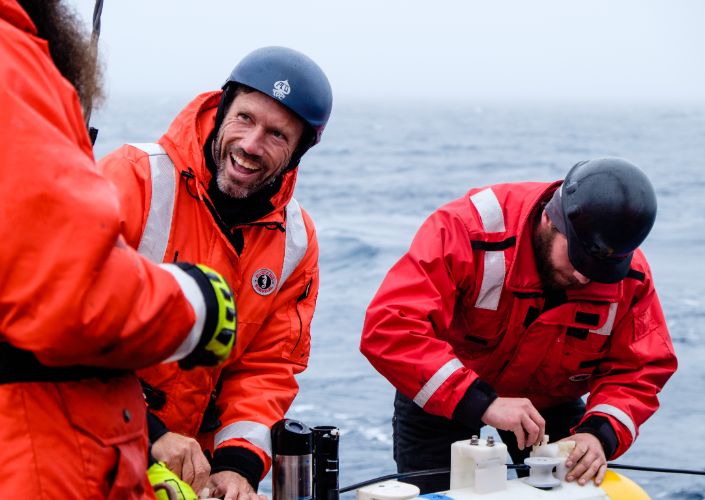
Dr. Bindu Nair, Director of the Basic Research Office in the Office of the Under Secretary of Defense for Research and Engineering, emphasized the program's commitment to interdisciplinary collaboration.
"The science and engineering challenges we face today are highly complex and cross-disciplinary," Dr. Nair stated. "The MURI program acknowledges these complexities by supporting teams whose members have diverse sets of expertise as well as creative scientific approaches to tackling problems."
The rigorous selection process involved a comprehensive review of 276 white papers, culminating in 30 final awards. Among the recipients, UC San Diego stands out for its notable contributions. Projects with UC San Diego participation include researchers Boris Kramer, Jorge Cortes, Kamalika Chaudhuri and Matthew Alford promise groundbreaking advancements in various domains, ranging from multi-agent systems to deep-sea exploration.
With these investments, the DoD aims to stay at the forefront of technological innovation, ensuring the nation's defense capabilities remain robust and resilient in an ever-evolving landscape of threats and challenges.
UC San Diego is notable for being the lead or part of four notable projects in various disciplines:
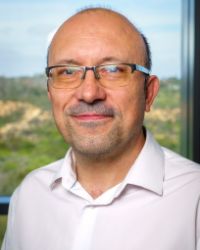
Synchronization in Natural and Engineered Systems with researcher Jorge Cortes
- Project title: NEURAL‐SYNC: From Synchronized Oscillations to Neural Computing, Communication, and Adaptation (led by UC Santa Barbara)
- Researcher Jorge Cortes, a professor in the UC San Diego Mechanical and Aerospace Engineering Department
- Cortes’ team will contribute to the development of modeling, control, and learning tools to learn how things synchronize in complex systems like the brain. His group will pay particular attention to mathematical tools to understand the oscillatory organization of neural wave-based computation and wave-mediated functional adaptation in the brain. Specifically, leading a thrust to study how waves in the brain help with thinking and adapting to different situations.
- Sponsored by the Army Research Office

The Deep Sea Benthic Boundary Layer; Interactions and Coupling with the Deep Seabed
- Project Title: Abyssal Boundary Layers: High‐Resolution, Interdisciplinary Observations and Theory (led by UC San Diego)
- Researchers Matthew Alford (principal investigator), a professor, seagoing physical oceanographer and head of Scripps’ Oceans and Atmospheres Section of Scripps Institution of Oceanography, and co-PIs Gunnar Voet, a physical oceanographer and project scientist, and Thomas Peacock, a professor at Massachusetts Institute of Technology.
- Alford’s team will explore an understanding of how the ocean interacts with the seafloor, a crucial research component for various reasons. First, the turbulent structure of the ocean near its bottom influences its conveyor belt circulation, which brings heat to the deep sea, warming the cold waters sinking near the Earth’s poles. Second, understanding the physics and ecosystems of the near-bottom ocean is vital due to increasing human activities such as Naval operations, seabed mining, and laying seafloor cables.
- Sponsored by the Office of Naval Research
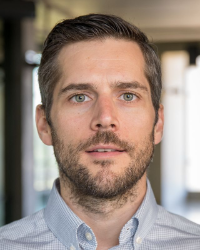
A New Mathematical Paradigm for Integrating Data, Models, Decisions
- Project Title: Mathematics of Digital Twins
- Researcher Boris Kramer, assistant professor in the UC San Diego Mechanical and Aerospace Engineering Department (led by Stanford University)
- Kramer’s team will develop fast computational models that take into account the nature of decision-making that digital twins have to make. A digital twin is a virtual replica of a physical asset, e.g., an airplane or a car. The digital twin can simulate the physical twins' behavior in real time and make predictions about its future state. Kramer’s team will study digital twins for control of a physical system, and how they can reliably decide among a myriad of options in mission planning, maintenance, etc. of the physical twin.
- Sponsored by the Air Force Office of Scientific Research
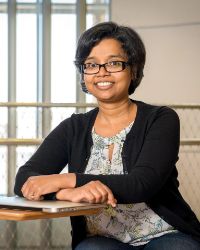
Theory and Algorithms for Learning and Decision‐Making in Multi‐Agent Systems
- Project title: Algorithms, Learning, and Game Theory: The Foundations of Multi‐Agent Systems (led by Columbia University)
- Kamalika Chaudhuri, professor of machine learning with the Department of Computer Science and Engineering
- This project will examine how decisions are made when there is a complex, contentious interaction and incomplete observation. The study combines Game Theory, Algorithms, and Learning techniques to figure out what might happen when these interactions occur. Over the past ten years, these three areas have become closely linked, especially with the rise of deep learning technology. Chaudhuri’s role is to investigate games between multiple agents in deep learning as well as in adversarial settings.
- Sponsored by the Office of Naval Research
Share This:
Stay in the Know
Keep up with all the latest from UC San Diego. Subscribe to the newsletter today.
